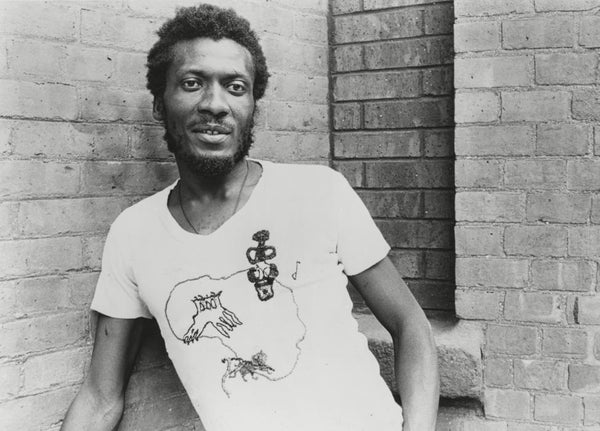It is somewhat surprising in the middle of the third decade of the twenty-first century, when Reggae is a ubiquitous musical genre played, consumed and enjoyed around the globe, to note that at one time it was considered as rather a novelty genre. When Jimmy Cliff made his first inroads into the UK music scene – in the late 1960s – Reggae was closely associated with skinheads, a British Youth cult that became (rightly or wrongly) synonymous with overt racism and violence. For this reason, Reggae was viewed with suspicion by Hippies.
While 60s London may not have swung for Jimmy Cliff, he flourished abroad, recording at Muscle Shoals studio in Alabama, and performing all over Europe with the multiracial soul/ blues band Shakedown Sound. He appeared on French rock TV alongside Jimi Hendrix and Cream, and moved to Paris for a while; he spent time in Africa and became a superstar in Brazil after he was invited to represent Jamaica at an international song festival.
While working with local musicians, he realised he should be back in Jamaica with reggae artists and then the hits started flowing. ‘Wonderful World, Beautiful People’ (number six, October 1969), and the Cat Stevens composition, ‘Wide World’ (number eight, 8th August 1970), both reaching the UK Top 10 as the 70s began. Although not a chart hit, his song ‘Many Rivers To Cross’, a soulful, aching ballad, has been much-covered in the fifty odd years since it was first recorded. The Gospel feel and use of a churchy Hammond organ sound could well have informed Bob Marley’s ‘No Woman No Cry’, which has a similarly reflective mood and tone.
Building on the profile he had cultivated, Jimmy Cliff became reggae’s first international star, perfectly poised when the next opportunity presented itself. This came with the film The Harder They Come, a 1972 Jamaican crime film directed by Perry Henzell in which Cliff had a starring role as well as contributing to the soundtrack. Enormously successful in Jamaica, the film also reached the international market and according to Cliff, it did so much to bring that music to the world, because this was before (music) videos. It showed the hardship that went with the music, and the joy and celebration of those same people. It gave the music depth and got Jamaican Music a lot of respect around the world.
Cliff was, nonetheless, an ambitious musician and performer, not content to rest upon his considerable achievements. He left Island Records for a lucrative deal with EMI Records in the mid-seventies, and also for Warner Brothers and MCA before signing to Columbia/ CBS in 1981. After releasing the albums Special (1982) and The Power and the Glory (1983), Cliff won a Grammy Award for ‘Best Reggae Recording’ for the album Cliff Hanger in 1985. He would make one more album for CBS, Hanging Fire, in 1988 and after that recorded albums for a variety of labels. He still plays live regularly and even made a return to the charts with a superb version of the Johnny Nash hit, ‘I Can See Clearly Now’, in March 1994. Cliff remains an ageless and forward-thinking musician and performer.
With thanks to Alan Robinson
